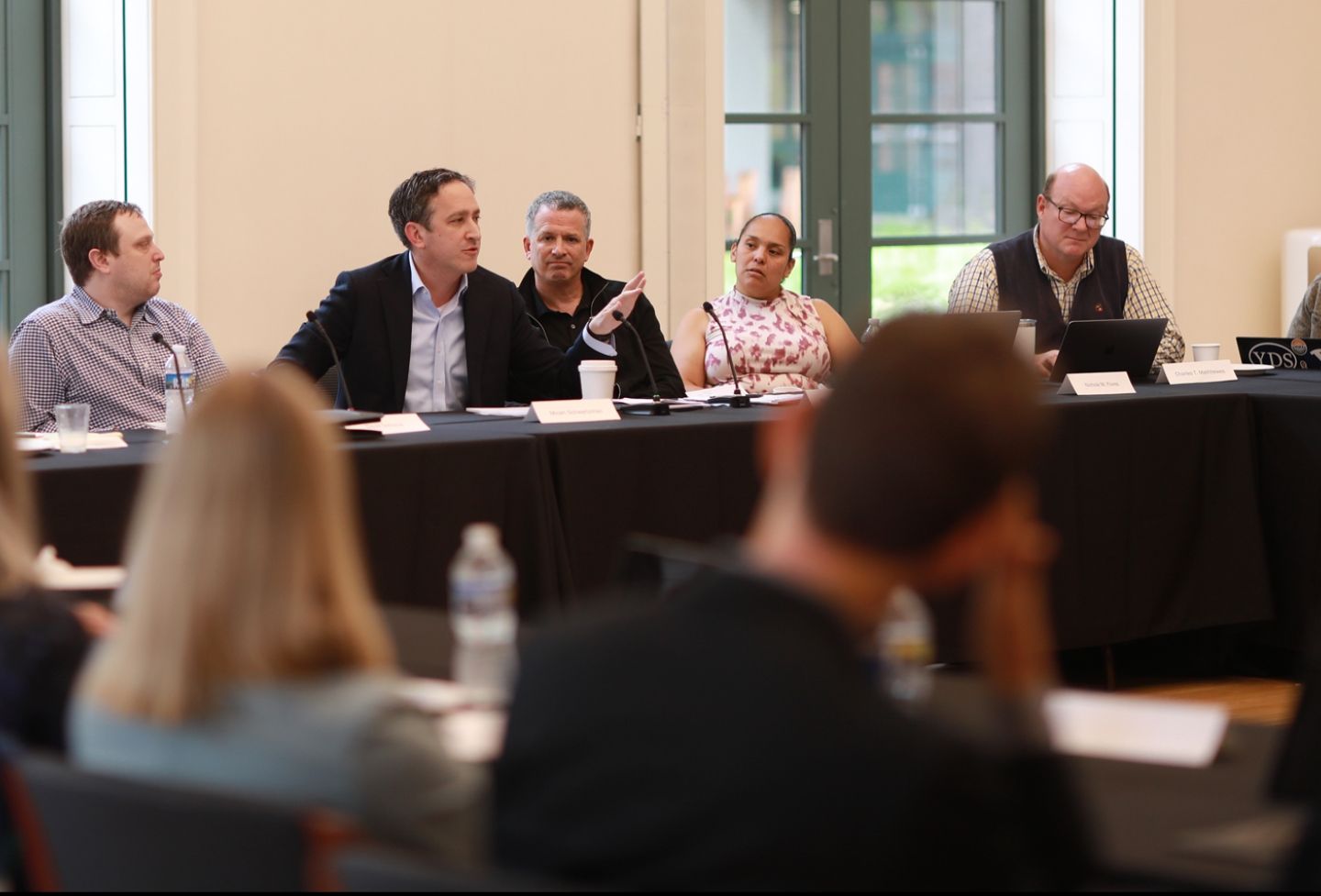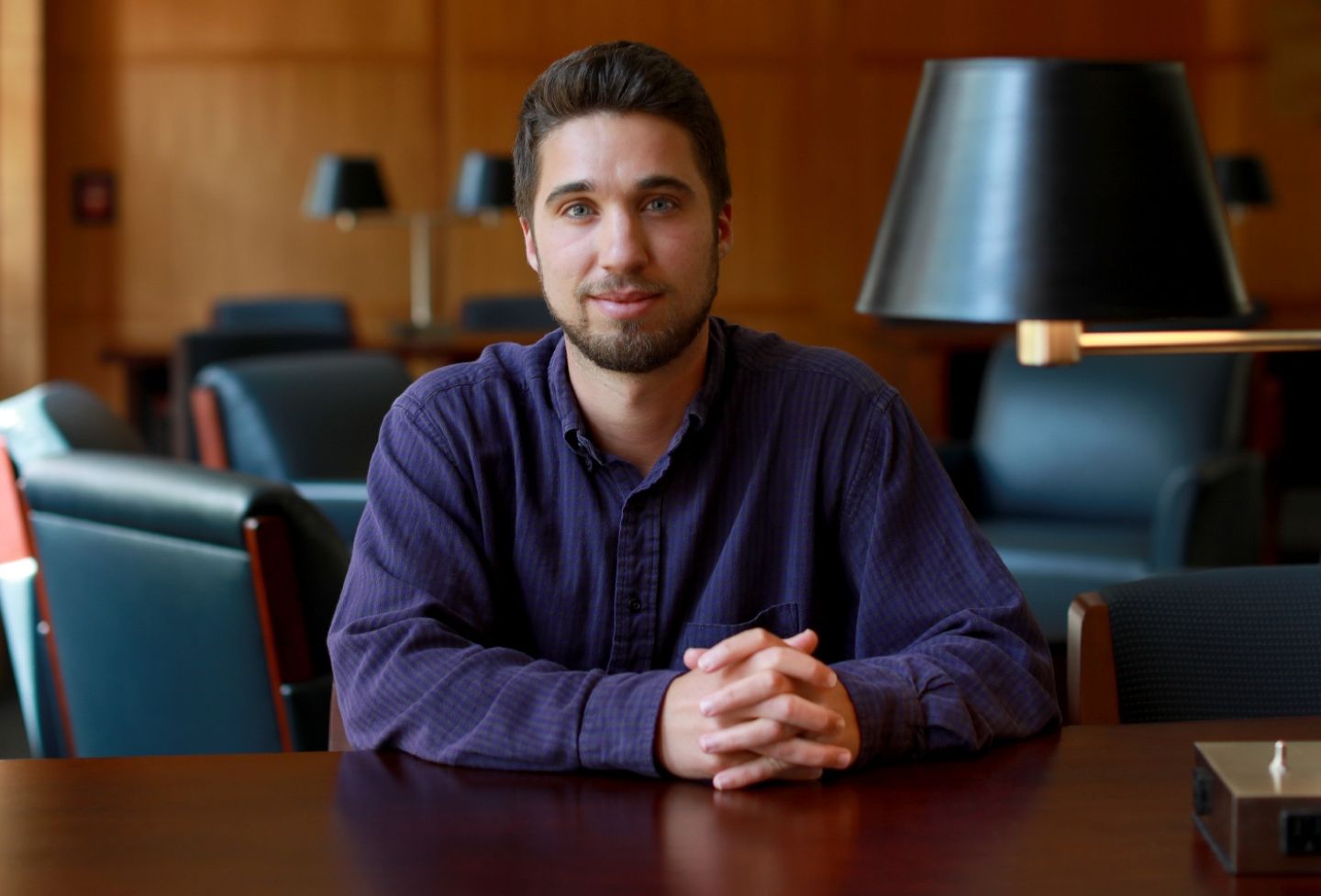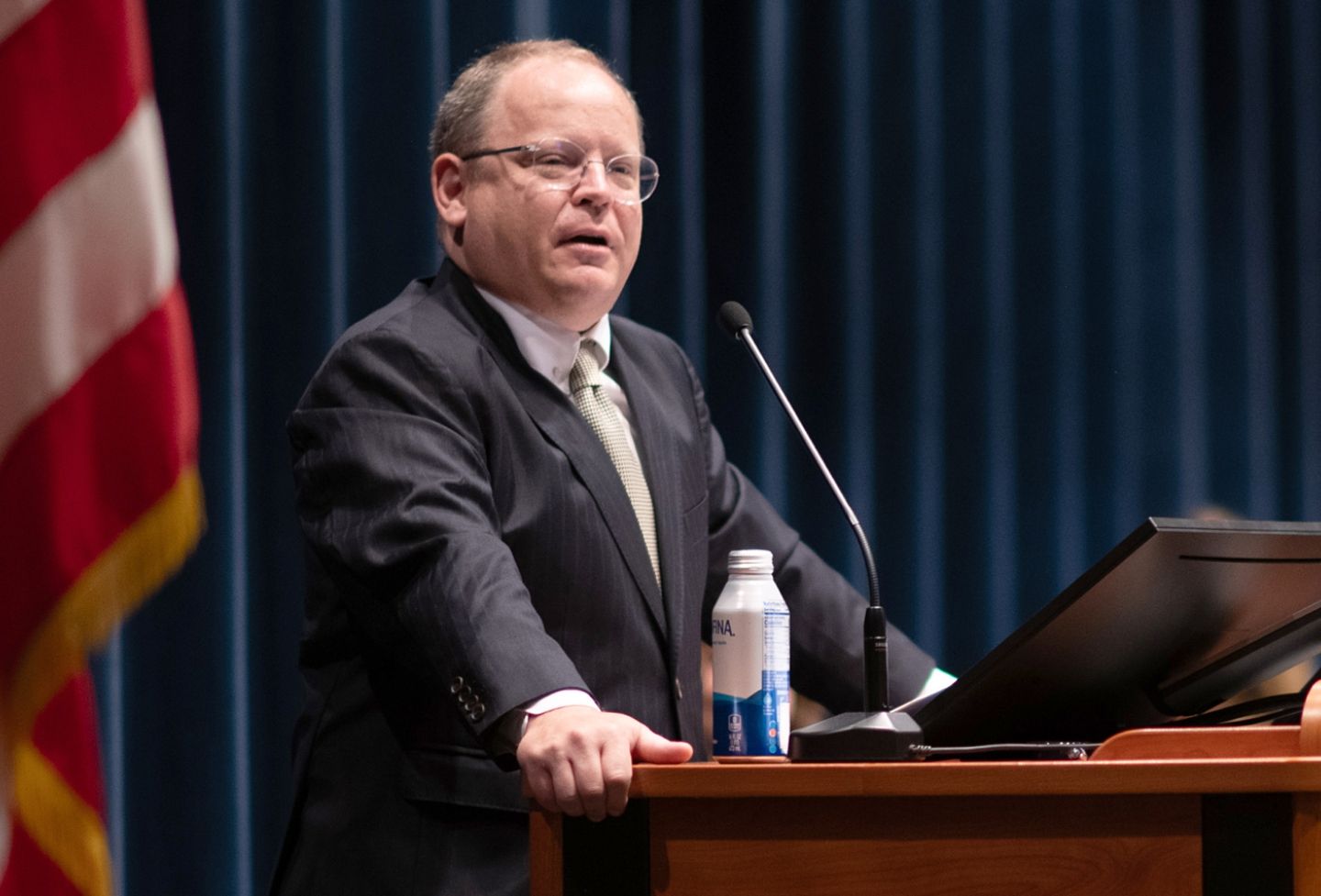As a girl growing up in Orange County, California, Mary Kabir-Seraj Bischoping ’19 heard stories from her parents about their ancestral home in Afghanistan, a country she would never see.
Bischoping, who in May started a job with the U.S. House Committee on Foreign Affairs, is the child of immigrants, but hers is not quite the typical immigrant story. Her father’s relatives were the ruling monarchs of Afghanistan from 1823 until 1978, the Barakzai Dynasty. Her great-grandmother, Soraya Tarzi, was once queen consort and an early advocate for women’s rights in the country. Her grandmother, Latifa Kabir Seraj, was one of the first female journalists in Afghanistan and later worked for the Voice of America.
“Afghanistan’s modern history is riven with war and tragedy,” Bischoping said, “but that is not the Afghanistan my family grew up in, nor is it the one those of us who have studied the country, and appreciate it, know.”
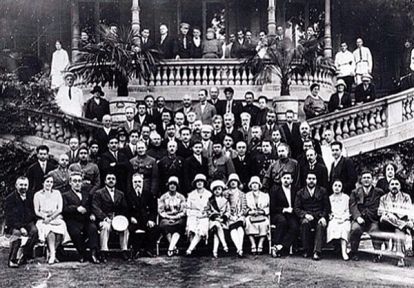
When the Soviet Union invaded Afghanistan in 1979, her family was targeted due to their social and political prominence. Both of her parents were smuggled out, and after finishing their educations in Europe, settled in Southern California, where Bischoping was born. Unsure when they might be able to return to their home country, Bischoping’s parents kept up her Afghan cultural studies. She did not speak English until she was 5 years old but instead spoke only Dari, an Afghan dialect of Farsi. But as time passed, her family knew their dream would not be realized.
“My parents knew that unless something changed dramatically, there was little chance of me seeing the country they grew up in,” Bischoping recalled. “We grew up talking about the Cold War, its impact, and the importance of democratic institutions and all the privileges that come with them.”
Her father, however, did return, leaving his job as a civil servant to spend nearly 10 years at Bagram Airfield as a linguist for the U.S. military.
Determined to pursue a career in public affairs, Bischoping took a gap year after high school to study in Germany, which eventually spanned nearly three years as she volunteered for human rights organizations and international publications. She returned to the U.S. and graduated summa cum laude from UCLA in 2016, majoring in political science.
Seeing a commitment to public service — among the faculty as well as the students — is part of what attracted Bischoping to UVA Law. “I had never met students who were so happy in their studies,” she said.
Near the end of her first year, she met her future husband, a law student at the University of Pennsylvania, at a North Grounds Softball League invitational.
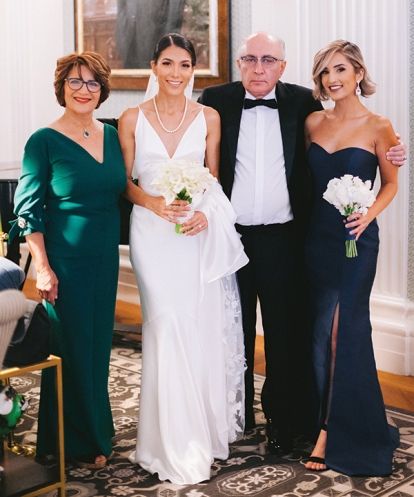
Bischoping spent the first two years after graduation in private practice in New York, then clerked for Judge Kent Jordan on the U.S. Court of Appeals for the Third Circuit. (Her husband previously clerked for Jordan, as well.) Her clerkship began, however, just about the time of the U.S. withdrawal from Afghanistan in 2021. The withdrawal had a visceral impact on Bischoping, whose father had only recently returned home after a decade spent supporting the U.S. mission.
“It felt like everything crumbled around me,” Bischoping said. “I saw pictures of children clinging onto planes looking for the very freedoms that I was given by accident of birth, and I felt like I had to do something.”
An opportunity presented itself at the end of her clerkship, when she learned about an opening at the State Department, in the Office of the Legal Adviser. With the help of recommendations from former Dean Paul G. Mahoney and Professors Paul B. Stephan ’77 and Ashley Deeks, Bischoping got the job. From October 2022 until May 2023, she handled a variety of tasks, including prepping senior staff for litigation, taking and defending depositions, and working on issues concerning local staff at U.S. embassies and consulates.
“For me it was an opportunity to work on the issues that were close to my heart,” Bischoping said.
After Republicans regained control of the U.S. House of Representatives after last November’s elections, Bischoping welcomed the opportunity to work for the Committee on Foreign Affairs, which is investigating the details of the U.S. withdrawal from Afghanistan. In October, Bischoping was appointed to lead the investigation. Although the committee has been highly critical of the Biden administration, Bischoping said she sees no tension between her new job and her work at the State Department, and in fact says her former colleagues encouraged her to take the job.
“I grew up with a deep appreciation for how unique American institutions are, and the constant questioning of ourselves,” Bischoping reasoned. “To me, irrespective of whether it’s this administration or another, it’s the United States. We’re one country and we’re trying to achieve the best possible outcome.”

